BRI sputters in South Asia
A decade after its launch, China’s Belt and Road Initiative has slowed down in South Asia, the result of poorly conceived projects, and irresponsible behavior from borrower and lender alike.
 Courtesy:
Courtesy:
A decade after its launch, China’s Belt and Road Initiative has slowed down in South Asia, the result of poorly conceived projects, and irresponsible behavior from borrower and lender alike.
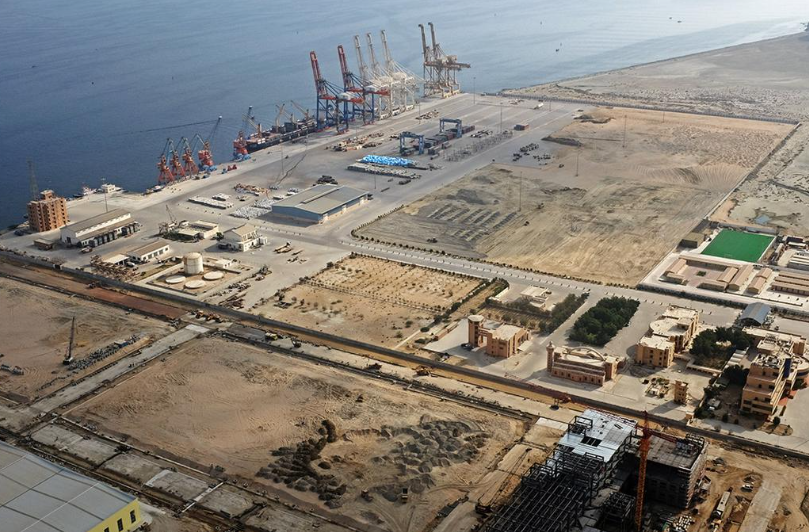 Courtesy: The Hindu
Courtesy: The Hindu
Long treated by Pakistan as a colony, Balochistan has seen several high-profile attacks by locals against Chinese interests. The growing unrest in the region reflects Islamabad’s failure to address key development issues. With less than 10% of this year’s federal budget earmarked for development, it appears that the only means of quelling the violence is more repression.
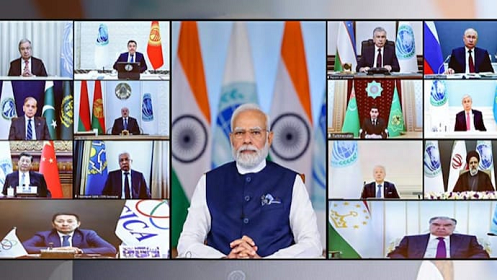 Courtesy: India Today
Courtesy: India Today
The Shanghai Cooperation Organisation's growing importance is seen in the numerous new applicants waiting in line for membership. The 23rd SCO Summit hosted by India on July 4 saw progress in areas like digital transformation and economic cooperation. However, timidity in acting on foundational issues like anti-terrorism reflects the internal contradictions and tensions within member states - a continuing challenge for SCO.
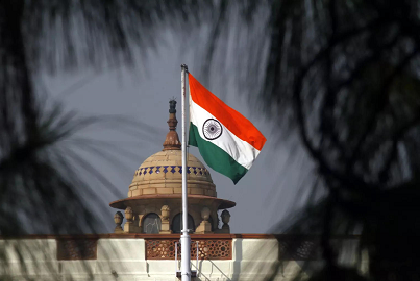 Courtesy: Reuters
Courtesy: Reuters
2023 brings responsibility and opportunity for India. As the host of the G20 and the Shanghai Cooperation Organization, the world will be watching closely. With this authority, comes challenges encapsulated by five C’s: Covid, Contraction, Climate crisis, Conflict and China. If India is able to use its opportunity, the year could end with India viewed as a near-great power, an international bridge-builder, and a successful democracy.
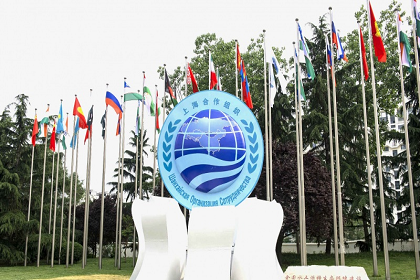 Courtesy: Iran Press News Agency
Courtesy: Iran Press News Agency
The relevance of the Shanghai Cooperation Organisation has increased due to the clear divisions developing in the world, since the Ukraine crisis began. Several leaders will probably attend in-person, a chance to advance their regional and economic interests. India has good relations with most SCO countries, and sees the upcoming Summit as a way to secure its strategic and security objectives.
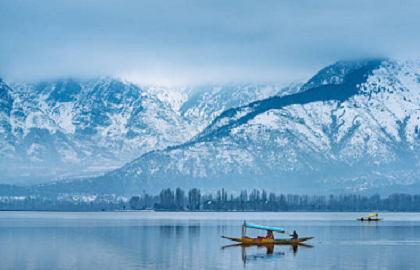 Courtesy: iStock Images
Courtesy: iStock Images
Holding one of the G20 meetings in Jammu and Kashmir is a bold, audacious and timely move. It is possible because of the ceasefire along the Line of Control which has been holding since February 25, 2021. The new geopolitical setting offers India an opportunity to diplomatically disdain the Chinese, camping not too far away in the un-demarcated border areas with India.
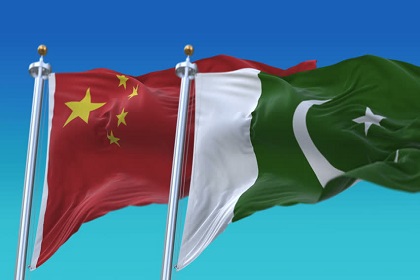 Courtesy: Shutterstock
Courtesy: Shutterstock
Pakistan’s latest economic survey reveals the extent of the country’s indebtedness to China. High-interest Chinese loans, reckless multilateral borrowing, and ever-increasing defence budgets have deleteriously impacted Pakistan’s finances. Any lasting solution to these problems will have to involve China.
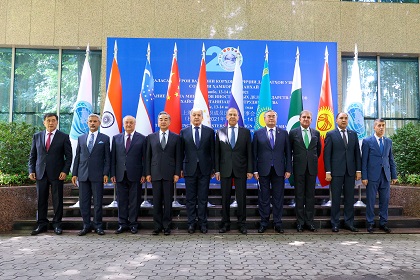 Courtesy: Reuters
Courtesy: Reuters
The Shanghai Cooperation Organisation has been focused on resolving the Afghan crisis. But divergent views of members and the influence of China and Pakistan have eluded a solution. This has been further impeded by the ongoing sanctions and humanitarian issues which are beyond the organisation's scope.
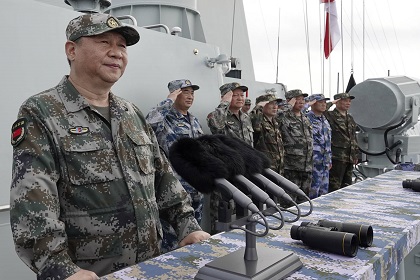 Courtesy: The Japan Times
Courtesy: The Japan Times
China's 2022 defence budget reflects the seriousness of the Communist Party aims to fully modernise the People’s Liberation Army by 2027. Given the on-going border competition, it is crucial for India too, to optimise budgetary resources, intensify restructuring and enhance indigenous defence production, thereby improve power projection capability.
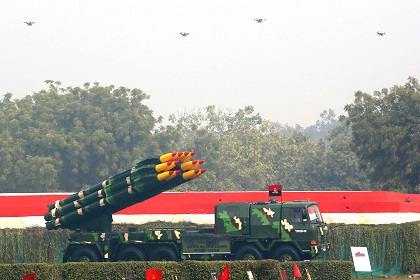 Courtesy: Press Information Bureau
Courtesy: Press Information Bureau
The 2022-23 Indian budget has made a provision to encourage private sector participation and military collaborations in drone technology and manufacture. This will boost indigenous production, limit imports, and develop India's drone capabilities and counter-measures.